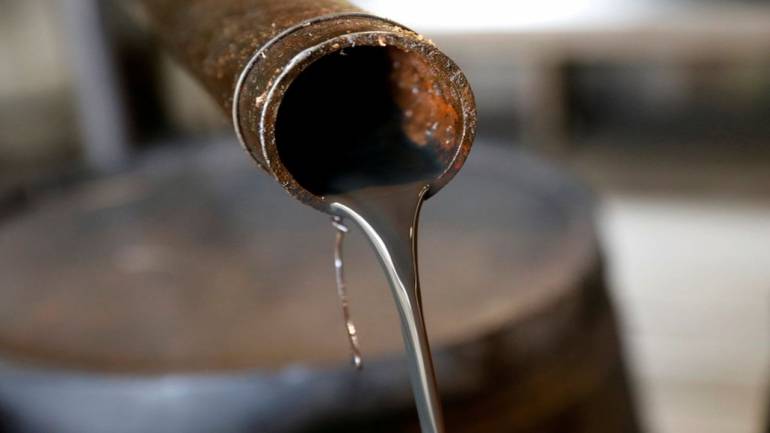Nigeria, at the beginning of the year, projected in the her 2021 budget that 1.86 million barrels will be produced daily. However, records show that the nation failed to meet the target as a huge deficit of 193 million barrels was recorded in the first eleven months of the year.
This loss was largely due to the rising case of crude oil theft, old infrastructure, challenges from the host communities, and poor security on the waterways.
According to figures from the Nigerian Upstream Regulatory Petroleum Commission (NURPC), Nigeria was expected to pump approximately 635 million barrels of oil by November but only struggled to produce only 441 million barrels.
The data detailing crude production by NURPC showed that the country struggled to pump 1.23 million bpd in August, 1.24 million bpd in September, 1.22 million bpd in October, and 1.27 million bpd in November.
However, many oil companies have reported that when they pump through pipelines, about 80% of production are lost in the pipelines due to breaches and organized theft while they only get about 20% of the product which hardly covers the cost of production.
Some other operators particularly identified security as a major issue for product loss which is also affecting the bottomline massivey and the country’s revenue projection from crude oil export. Reports have it that large quantities of products are being stolen on a daily basis by some individuals and organized cartels of criminals.
This factor has bridged the quota allocated by the Organisation of Petroleum Exporting Countries (OPEC), as Nigeria was expected to produce 1.683 million barrels per day in January 2022.
This therefore has been a huge disappointment for the industry in Nigeria in terms of matching production with market demand as efforts had produced little results.
However, meeting the target would be challenging as the industry has maintained an average of 1.25 million barrels in the last few months.
In contrast to this, the country was producing 1.7 million barrels per day on average in 2020, except when OPEC compelled its members to minimize their production in the heat of the COVID-19 pandemic.
However, the NNPC and its partners managed to pump about 1.4 million barrels daily, but that figure has declined since August 2021.










